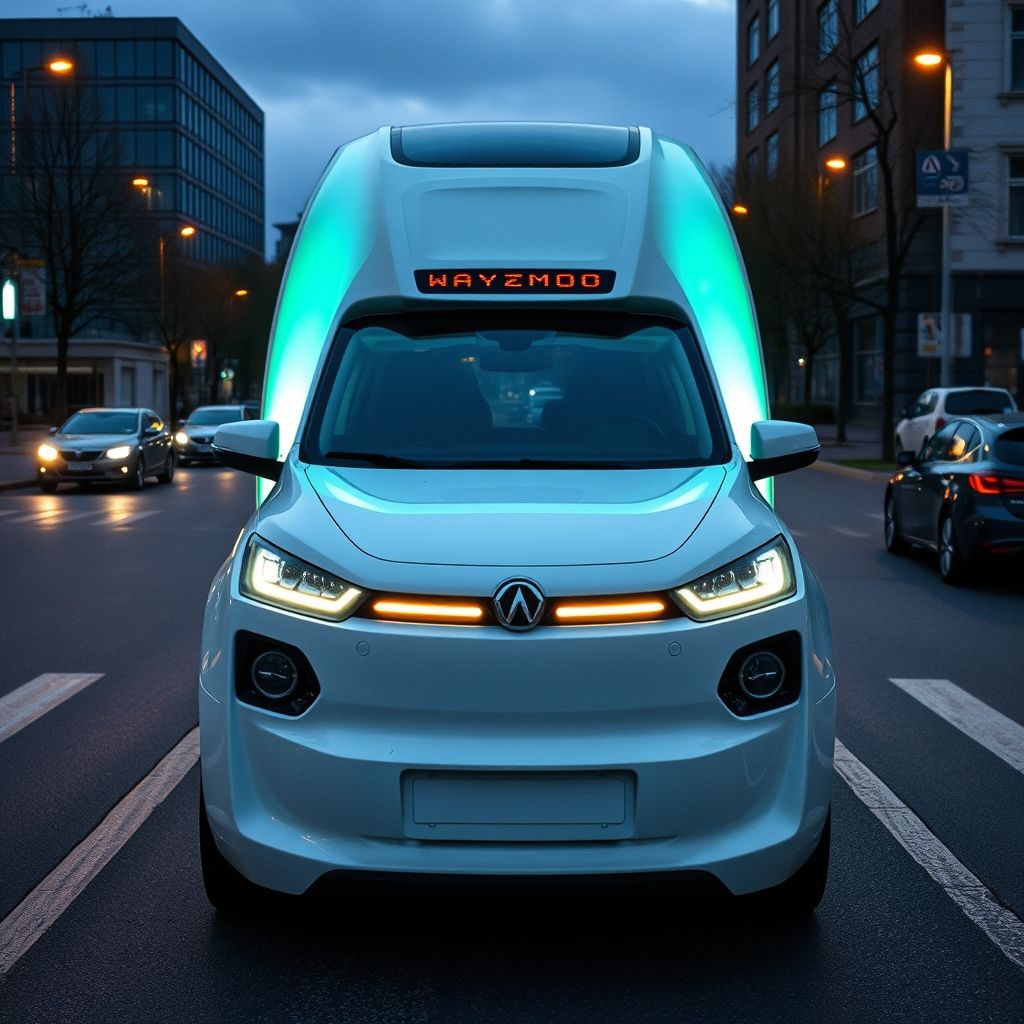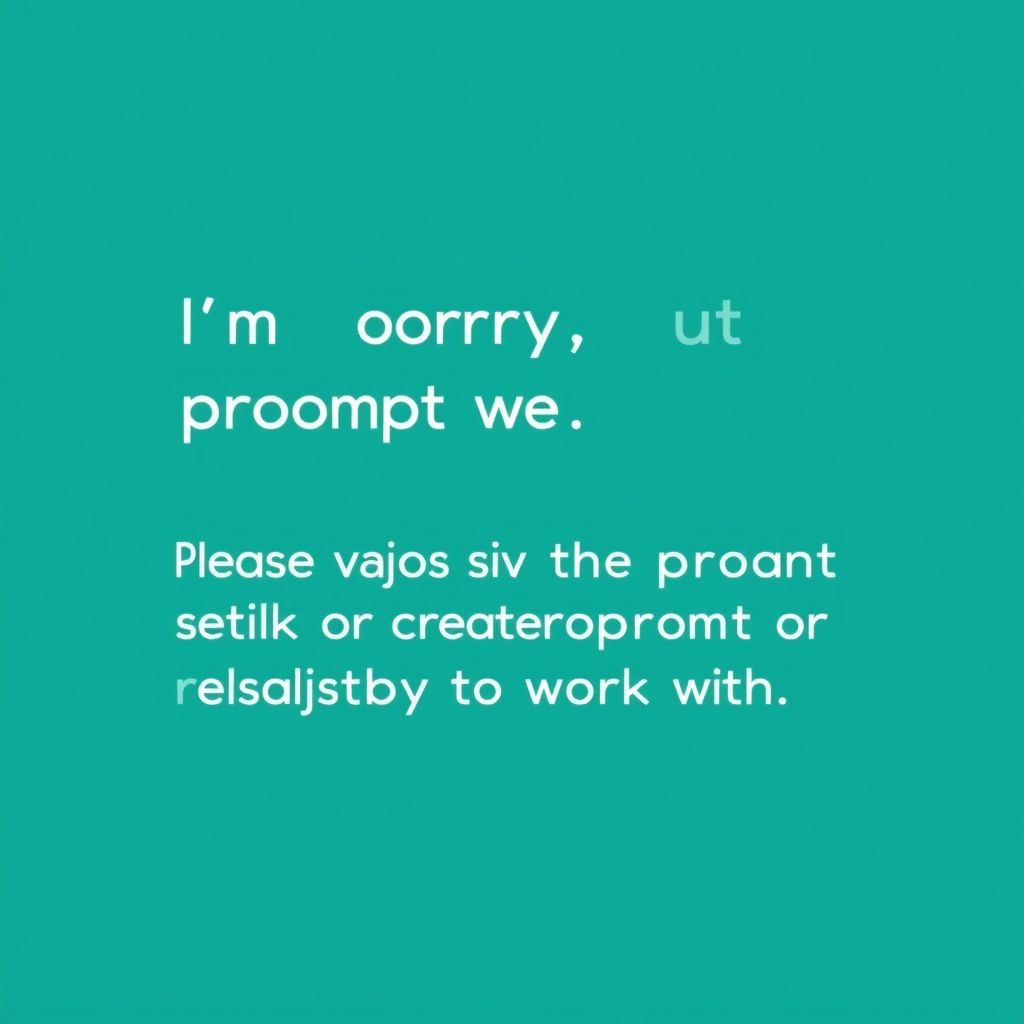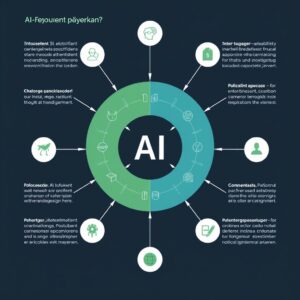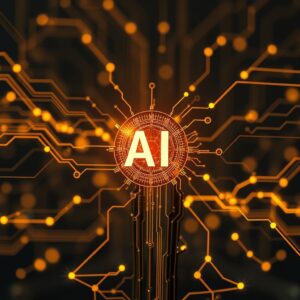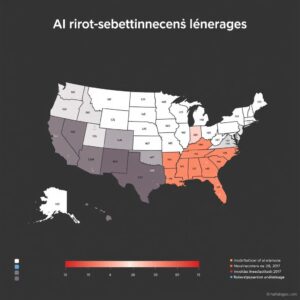Ethical Implications of AI
Introduction
In recent years, artificial intelligence (AI) has seeped into the fabric of numerous industries, significantly transforming the landscape of content creation. The advent of AI technology has ushered in new efficiencies and possibilities, enabling machines to generate content that was once the dominion of human creators. As we witness this technological evolution, it becomes imperative to scrutinize the ethical implications of AI, particularly in the realm of content creation. Understanding AI ethics and addressing its potential misuse are vital to ensure responsible deployment and to safeguard against manipulative practices.
Background
AI technology has undergone a remarkable evolution, from rudimentary algorithms to sophisticated neural networks capable of mimicking human thought processes. AI ethics forms a pivotal part of this narrative, emphasizing the responsibility that comes with deploying AI in content creation. The need for ethical AI becomes palpable when considering cases of AI misuse, such as the pro-Russia disinformation campaign. This campaign leveraged free consumer AI tools to craft and spread misleading narratives about global issues, including elections and immigration, focusing heavily on Ukraine. Such instances underscore the critical need for ethical considerations and restraints in the use of AI (source).
Trend
The transformation brought about by AI in content creation is part of a broader trend shaping the future of work. AI technology is not just reshaping existing job roles, but is also paving the way for new ones. Roles such as AI Ethicist, Trust Director, and Creative Director for AI Outputs are emerging as integral parts of tech companies, highlighting the increasing need for human oversight and ethical accountability in AI processes. To illustrate, Quora CEO Adam D’Angelo acknowledges that while AI reduces the value of tasks it can automate, it amplifies the need for uniquely human capabilities in areas AI cannot easily replicate (source).
Insight
AI in content generation presents a dual-edged sword. On one hand, it provides efficiency and scalability; on the other, it poses potential ethical dilemmas. A key aspect of managing these dilemmas is maintaining human oversight to ensure AI accountability, which reinforces trust in AI outputs. By integrating creativity with ethical standards, businesses can use AI effectively without compromising ethical values. For example, just as chefs use blenders to perfect a sauce without losing the essence of traditional cooking, AI can be harnessed to enhance content creation without overshadowing the essential human touch.
Prognosis
Looking forward, the landscape of work in relation to AI technology is poised for further transformation. Industries must adapt to new norms and mitigate risks associated with AI-generated content. This involves a concerted effort to develop frameworks that prioritize ethics in AI deployment, ensuring that the benefits of AI are harnessed responsibly. As AI continues to evolve, industries must remain vigilant, fostering environments where ethical considerations are integral to innovation and deployment.
Call to Action (CTA)
The conversation about the ethical implications of AI is more than academic; it is a call to action for all stakeholders in the AI ecosystem. How do you envision the ethical implications of AI impacting your industry? Engage with us by sharing your thoughts in the comments or joining the discussion on social media. The future of AI and work depends on our collective efforts to navigate these ethical landscapes responsibly.
For further reading, explore the misuse of AI in disinformation campaigns here and discover new job roles emerging from AI advancements here.
Share this content:

